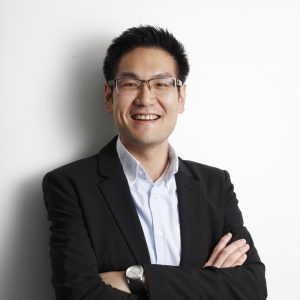 Dr Paul Huang
Dr Paul Huang
Institute of Cancer Research
Awarded: £120,000
Sarcoma UK is investing in research leaders of the future. Our PhD programme aims to start a researcher’s career in sarcoma by funding a training fellowship which focuses on a hypothesis-driven research project.
The challenge
The matrisome is the “glue” that exists between our cells. It provides supportive scaffolding and defines the structure of tissues. Research has found that parts of the matrisome provide signals to guide the behaviour of nearby cells. This is important, because other research has found that the way cells signal to each other can affect whether cancer cells respond to anti-cancer drugs. Variations in the makeup of the matrisome may explain why some patients fail to respond to treatment – in this project, the team aim to understand this better and how we can use this knowledge to develop new treatments.
How will this project tackle this challenge?
Doxorubicin and/or Ifosfamide are standard drugs used in chemotherapy to treat sarcoma. However, a number of patients do not respond to them, and many of those that initially respond later re-develop disease that shows resistance to these treatments. The project aims to discover which parts of the matrisome might be responsible for this, and allow sarcomas to escape the effect of chemotherapy.
During the project, the team will investigate if the matrisome sends signals to soft tissue sarcoma cells to contribute to chemotherapy resistance, and will use techniques to work out which parts of the matrisome are responsible for drug resistance. Once identified, these can be modelled in sarcoma cells which can be grown in the lab, to study the processes behind why some people become resistant to chemotherapy.
What this means for people affected by sarcoma
The goal is to develop a way to identify which patients will respond to chemotherapy, and how best to prevent and treat drug resistance in sarcoma. Understanding these processes will allow clinicians to personalise medicine by identifying the patients who will respond to chemotherapy before treatment has started. If the patient is unlikely to respond, another drug may be considered or the patient can be spared the side effects of chemotherapy.
Doxorubicin and/or Ifosfamide are standard drugs used in chemotherapy to treat sarcoma. However, a number of patients do not respond to them, and many of those that initially respond later re-develop disease that shows resistance to these treatments.









